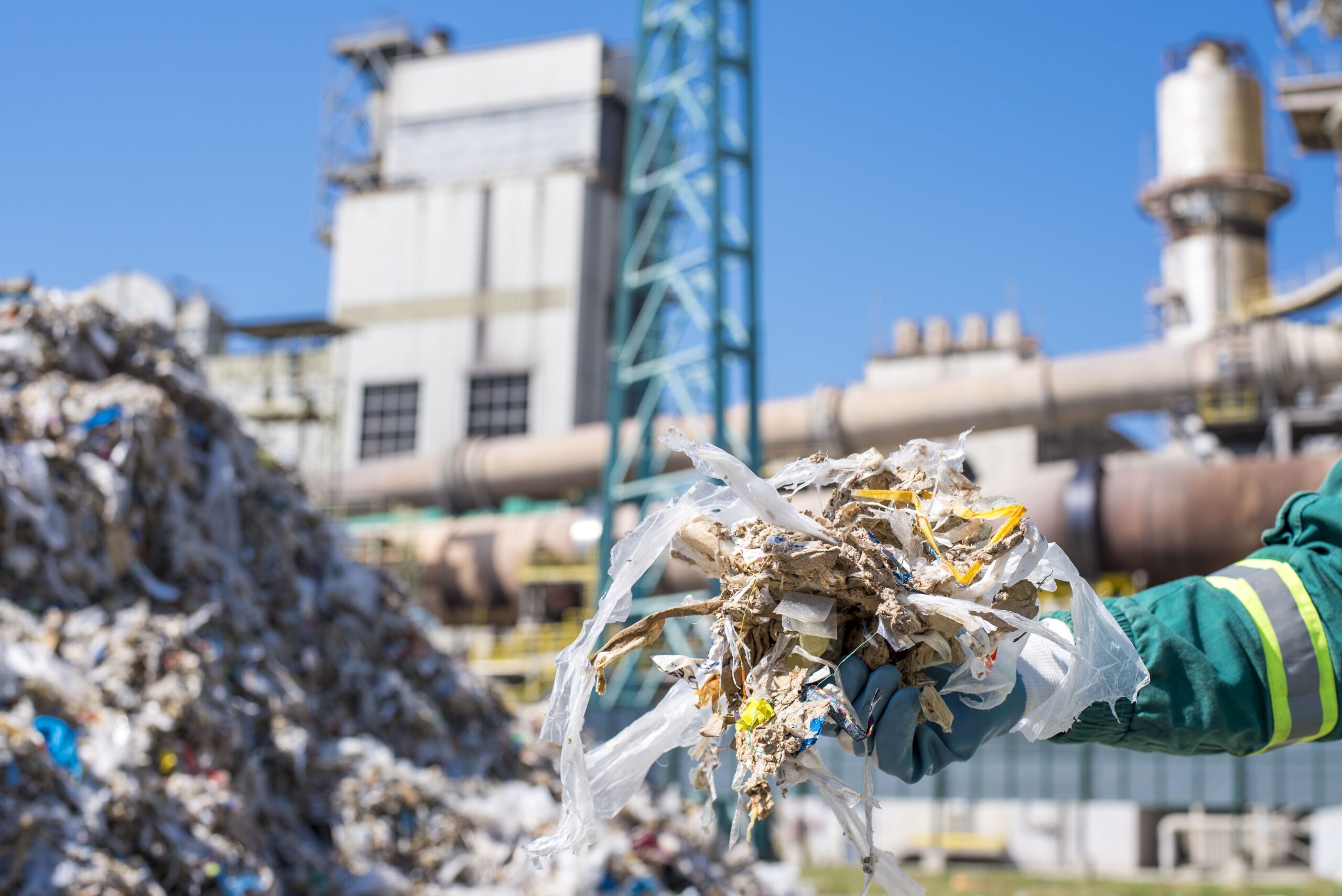Haven 45
1131 EP Volendam

The recently conducted research on the deposition and incineration of waste streams in the province of Noord-Holland contributes to two main goals: the national ambition to achieve a 100% circular economy by 2050, and the specific contribution of the province of North Holland to the implementation of this goal.
This research has focused on the specific question regarding the amount of waste originating from the province of Noord-Holland, both being dumped and incinerated. It has also explored how the province can contribute to the transition to a circular economy from this perspective.
Waste dumping
Regarding waste dumping, it appears that the Netherlands dumps 2,000 kton of waste annually, with Noord-Holland responsible for approximately 20%, amounting to 400 kton. This dumped quantity consists mainly of soil cleaning residues and various ‘other’ compositions, including bottom ashes from incineration plants and non-recyclable residual waste.
Waste dumping is at the lowest rung of the circular ladder, complying with the conditions of the dumping ban. Although the amount of dumped waste has decreased since the introduction of the dumping ban in the ’90s, dumping capacity remains necessary in a circular economy due to non-recyclable raw materials and heavily polluted waste streams.
The research identifies some points of attention and improvement, such as:
Regarding waste incineration, the province of Noord-Holland accounts for 26% of the national incineration capacity, with an annual incineration of 1,955 kton of waste. Possible improvements include promoting better waste separation, implementing incineration bans for specific raw materials, and increasing the demand for recycled raw materials.
The research points to four priority material streams according to the Circular Economy program of the province: plastics, textiles, construction and demolition waste, and biomass/food waste. Recommendations include formulating policies for incineration and dumping capacity, considering an incineration ban for recyclable products, encouraging businesses to enhance waste separation, and implementing supportive measures to reduce dumping and incineration.
The province is encouraged to develop policies regarding incineration and dumping capacity, advocate for an incineration ban for recyclable products, motivate businesses for better waste separation, and take supportive measures to promote a circular economy.
You can read the entire research at Onderzoeksrapport IPR Normag Storten en verbranden Noord-Holland 21juli2023.definitief (1)
Haven 45
1131 EP Volendam